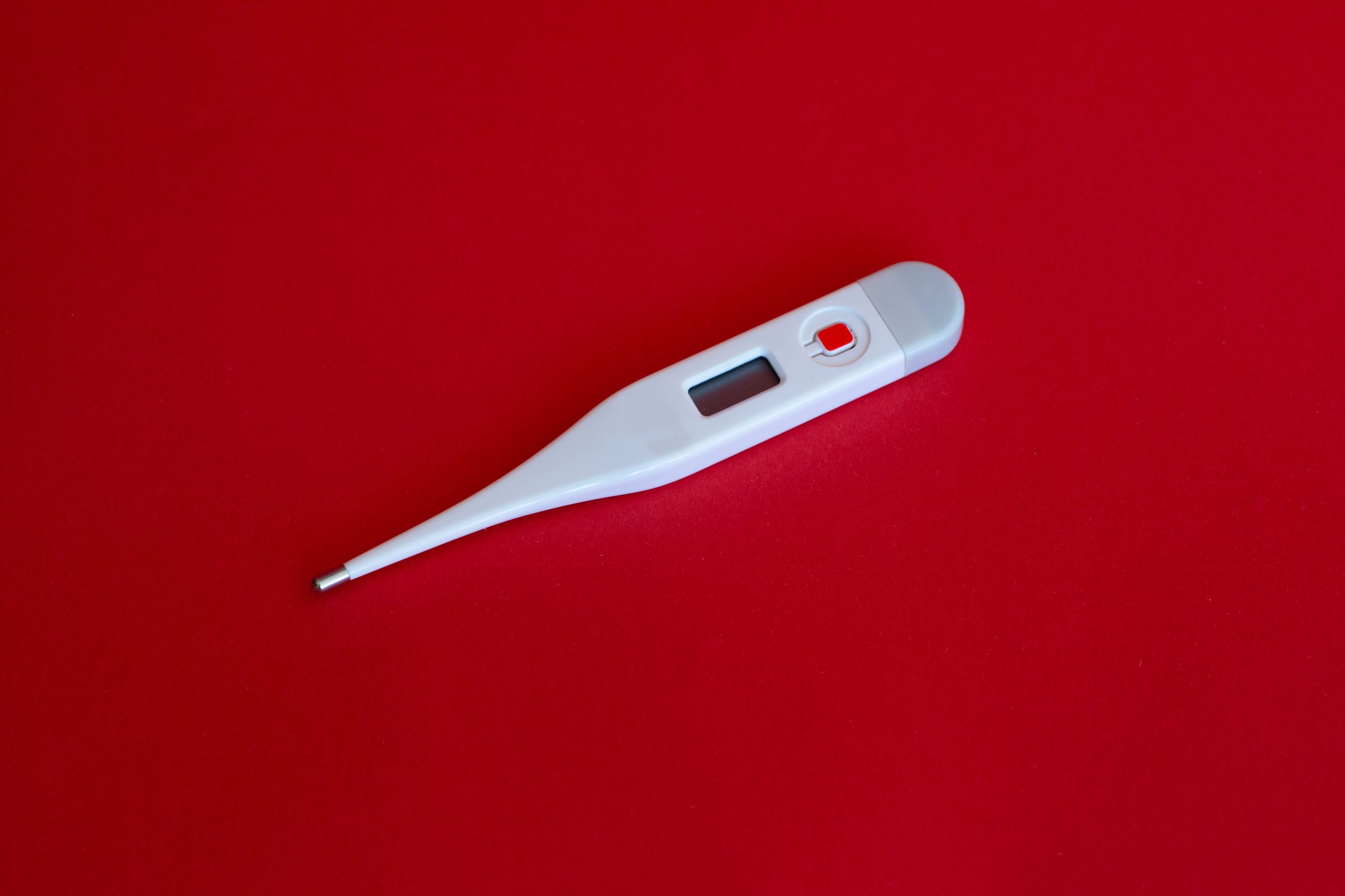
Posted on: 2nd March 2015 in Insurance
Critical illness cover is an insurance product which pays a lump sum in case of serious illness (such as cancer, heart attack or stroke). It does not pay out if you die, which is how it differs from life insurance. It is very common for insurance companies to sell critical illness cover together with life insurance, but you can also get it on a standalone basis. Is critical illness cover worth it? As with any other kind of insurance, there is not a universal answer. The following should help you find out whether critical illness cover is worth it in your particular case.
Three Questions
When deciding about critical illness insurance there are three questions to ask:
Your Age and Health
In general, the probability of becoming critically ill depends on your age, family history, health and lifestyle. When you are young and healthy, the risk is very low (although it’s never zero). The older you get, the higher the risk. Critical illness is also more likely if your lifestyle is unhealthy (e.g. you are overweight, smoke or drink excessively) or if your parents, grandparents or other relatives have had a serious illness. Evaluating these factors will help you answer the first of the three questions.
Critical Illness Insurance Cost
Insurance companies use complex models to calculate premiums, with the factors above (e.g. age, health or family history) as inputs. As a result, your answers to the first and third question will always be in conflict. If your risk of becoming seriously ill is higher and you would find critical illness insurance useful, you will also find the premiums higher and vice versa. Therefore, the most important of the three questions is the second one. Your financial situation, income, savings and liabilities should be the main factors when deciding whether you need critical illness insurance.
Your Life and Financial Situation
Try to imagine how your finances and monthly budget would change if you became critically ill or injured. You might be less fit or unable to work, and your living costs might increase at the same time (for example, you might need wheelchair access to your home or car). The following factors make you more likely to need critical illness cover:
The following factors make critical illness insurance less important:
Pay Attention to the Small Print
When considering a particular critical illness insurance plan, it is extremely important to read the small print – the detailed terms and conditions. A list of illnesses and injuries covered by the plan is not enough on its own. For each of them, there will be details specifying how severe it must be and how exactly it must be diagnosed in order for a claim to be successful. For example, practically every critical life insurance plan covers cancer, but some cancer types are excluded and many others are only covered when they reach a certain degree of severity.
Part of Your Financial Plan
When deciding whether you need critical illness insurance, do not think about it in isolation, but as a part of your entire financial plan and just one possible tool to manage your financial risks and achieve your goals.
We have 18 offices across the globe and we manage over $2billion for our 20,000+ clients
Get started
Digital Assets: From Fringe to Framework A Responsible View for Internationally Mobile Investors Executive Summary Digital assets have moved from the fringes of finance into mainstream discussion. The arrival of...
Read more
Across the global expatriate market, one product category is showing unprecedented momentum in 2025: Indexed Universal Life (IUL). As client expectations move toward solutions that combine long-term protection, tax-efficient wealth...
Read more
Chancellor Rachel Reeves delivered her second Autumn Budget in dramatic circumstances, after the Office for Budget Responsibility (OBR) accidentally released its full economic outlook online 45 minutes before her speech....
Read more
In today’s world, much of our lives are lived online. From email accounts and social media profiles to digital wallets and online businesses, we’re building a digital legacy—often without realising...
Read more